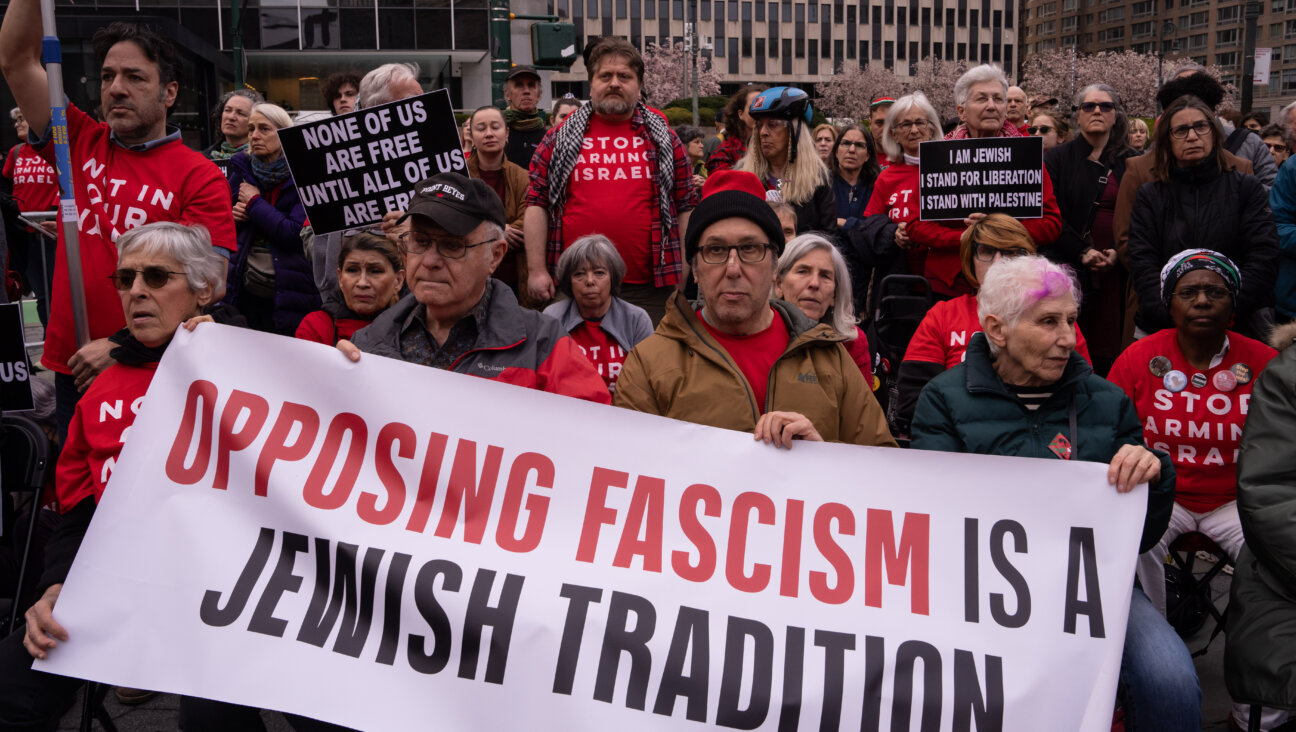Whose Jerusalem?
View our interactive maps of West Bank settlement blocks, and their proximity to Palestinian neighborhoods and the security barrier here.
Jerusalem is not a settlement, the Prime Minister of Israel stated unequivocally, and what Jew could disagree?
Jerusalem is the city of gold, the beating heart of the Jewish people, the place where it all began and where it continues. Jerusalem receives our prayers as often as they are uttered; it is the magnet for all those in exile, pulling us in its direction. Jerusalem is not a settlement because a settlement implies something temporary, extemporaneous, movable — and Jerusalem cannot be moved. The ancient stones anchor it forever.
But which Jerusalem does Prime Minister Netanyahu refer to? Before 1967, most of what we now consider Jerusalem was not part of the city, east or west, but part of the West Bank. Israel annexed 28 Palestinian villages after the Six Day War, dramatically expanding the traditional footprint, which has expanded further in the decades since.
Whose Jerusalem? The Jewish quarter of the Old City is essentially now the province of tourists and the Orthodox. West Jerusalem is becoming home to ever-more luxurious buildings owned by Diaspora Jews who rarely live there. East Jerusalem’s neglected Arab neighborhoods increasingly are the site of conflicts with hard-line Jews who insist on moving in with American financial support and Israeli official acquiesence.
As emotionally satisfying as it may be for Jews the world over to hear Netanyahu’s defiant claim of ownership, Jerusalem is home to another people, too. It’s meant to be the capital of another state, too. And the longer and louder Israel lays sole claim to Jerusalem, the more it expands and builds, the harder it will become to take the city’s natural residential divisions — with some exceptions, Jews and Palestinians rarely live near one another anymore — and carve out a secure, reasonable way to share this holy ground.
Perhaps that is Netanyahu’s intention: to solidify and stall. He’s certainly been helped by a Palestinian leadership that waited until the ninth month of a 10-month settlement building freeze to enter peace talks and then was shocked, shocked when the freeze was lifted. Both sides share blame for the deadlock.
But Jerusalem was never part of the freeze, because it’s not officially a settlement. When President Obama issued the mildest of reprimands to yet another ill-timed Israeli announcement of new construction on disputed land in East Jerusalem, Netanyahu’s response was: Israeli governments have built housing there for 40 years, while signing peace treaties with Egypt and Jordan. Why fuss now?
It could just be that Egypt and Jordan never longed for Jerusalem as their capital, as the Palestinians do. Their national aspirations were not dependent on negotiating who controls a holy site and who is called a Jerusalemite. Perhaps they didn’t care.
After suffering through a divided Jerusalem for nearly 20 years, Israel is understandably reluctant to relinquish even a sliver of sovereignty. How does a nation divide its heart? But Palestinians have now been waiting more than twice that long to answer their own national question, and as they wait, the bulldozers and builders chip away at the contours of a solution with the blessings of an Israeli government that seems more unwilling than ever to help the city of gold become the city of peace.
View our interactive maps of West Bank settlement blocks, and their proximity to Palestinian neighborhoods and the security barrier here.
The Forward is free to read, but it isn’t free to produce

I hope you appreciated this article. Before you go, I’d like to ask you to please support the Forward.
Now more than ever, American Jews need independent news they can trust, with reporting driven by truth, not ideology. We serve you, not any ideological agenda.
At a time when other newsrooms are closing or cutting back, the Forward has removed its paywall and invested additional resources to report on the ground from Israel and around the U.S. on the impact of the war, rising antisemitism and polarized discourse.
This is a great time to support independent Jewish journalism you rely on. Make a gift today!
— Rachel Fishman Feddersen, Publisher and CEO
Support our mission to tell the Jewish story fully and fairly.
Most Popular
- 1

Culture Trump wants to honor Hannah Arendt in a ‘Garden of American Heroes.’ Is this a joke?
- 2
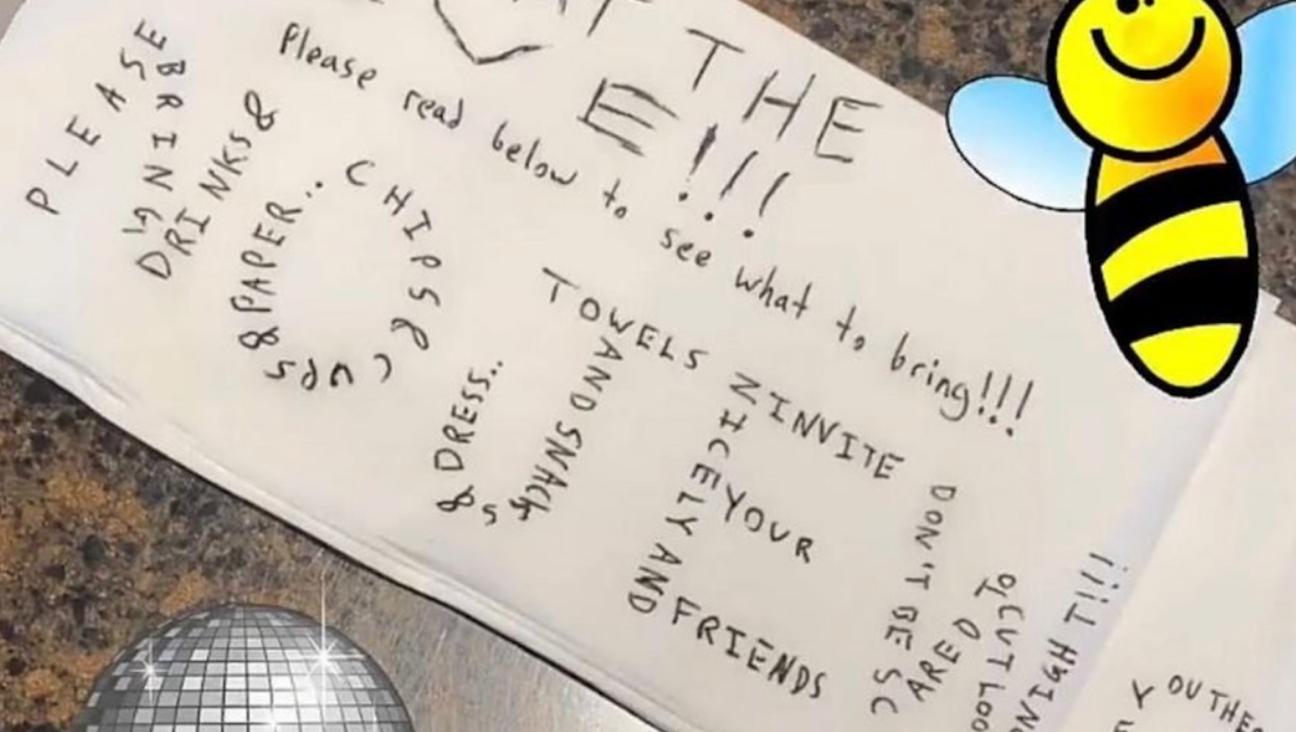
Fast Forward The invitation said, ‘No Jews.’ The response from campus officials, at least, was real.
- 3

Opinion A Holocaust perpetrator was just celebrated on US soil. I think I know why no one objected.
- 4
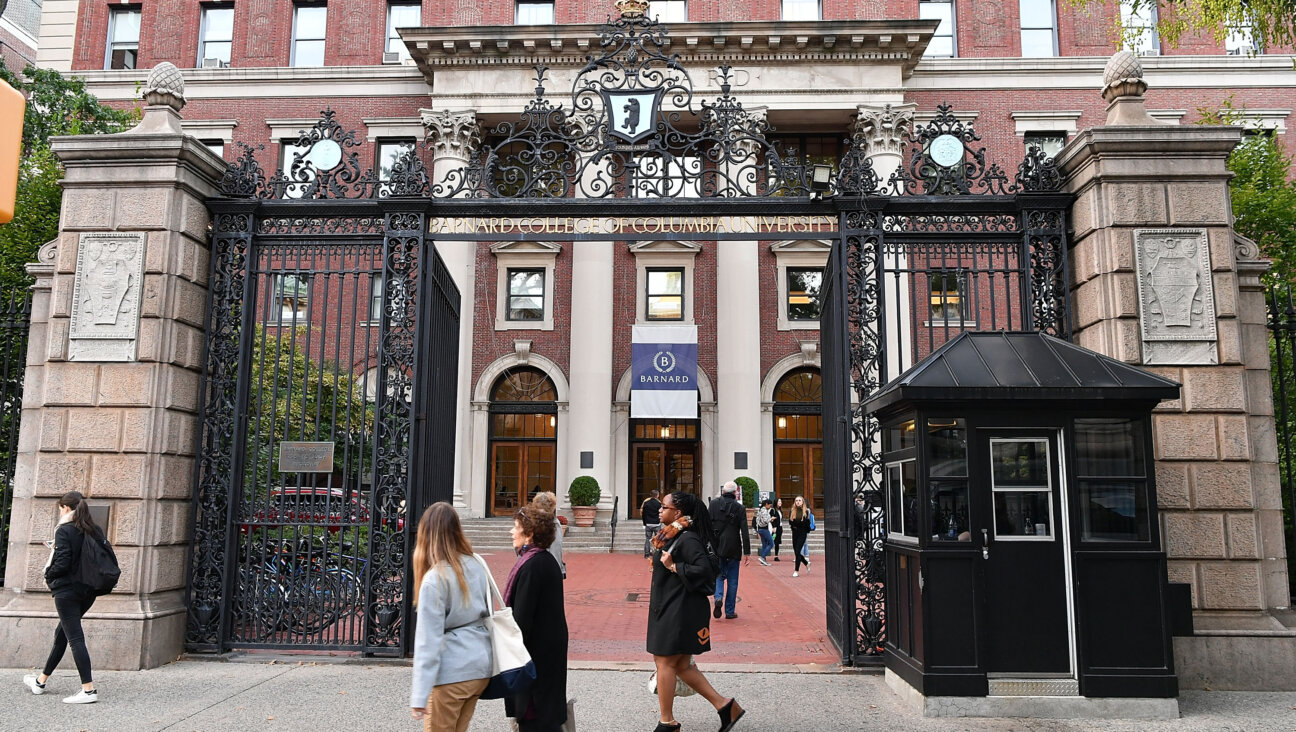
Fast Forward Columbia staff receive texts asking if they’re Jewish, as government hunts antisemitic harassment on campus
In Case You Missed It
-
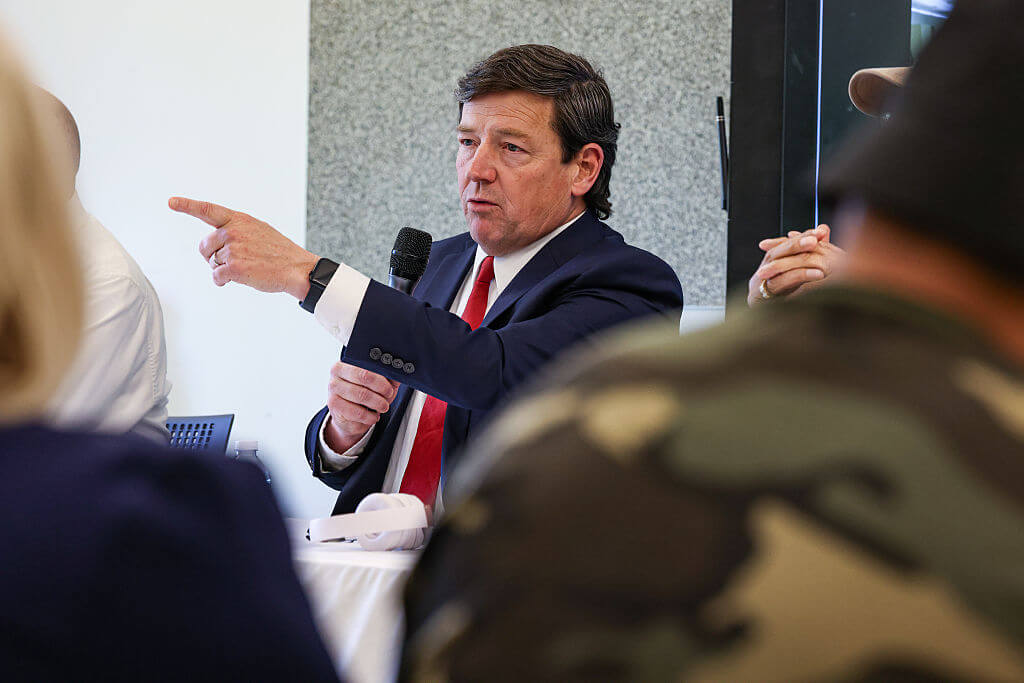
Fast Forward Trump nominee Ed Martin, who praised a Nazi sympathizer, also compared Biden to Hitler
-

Opinion RFK Jr. and Trump are talking about an ‘autism registry’ — this sounds disturbingly familiar
-
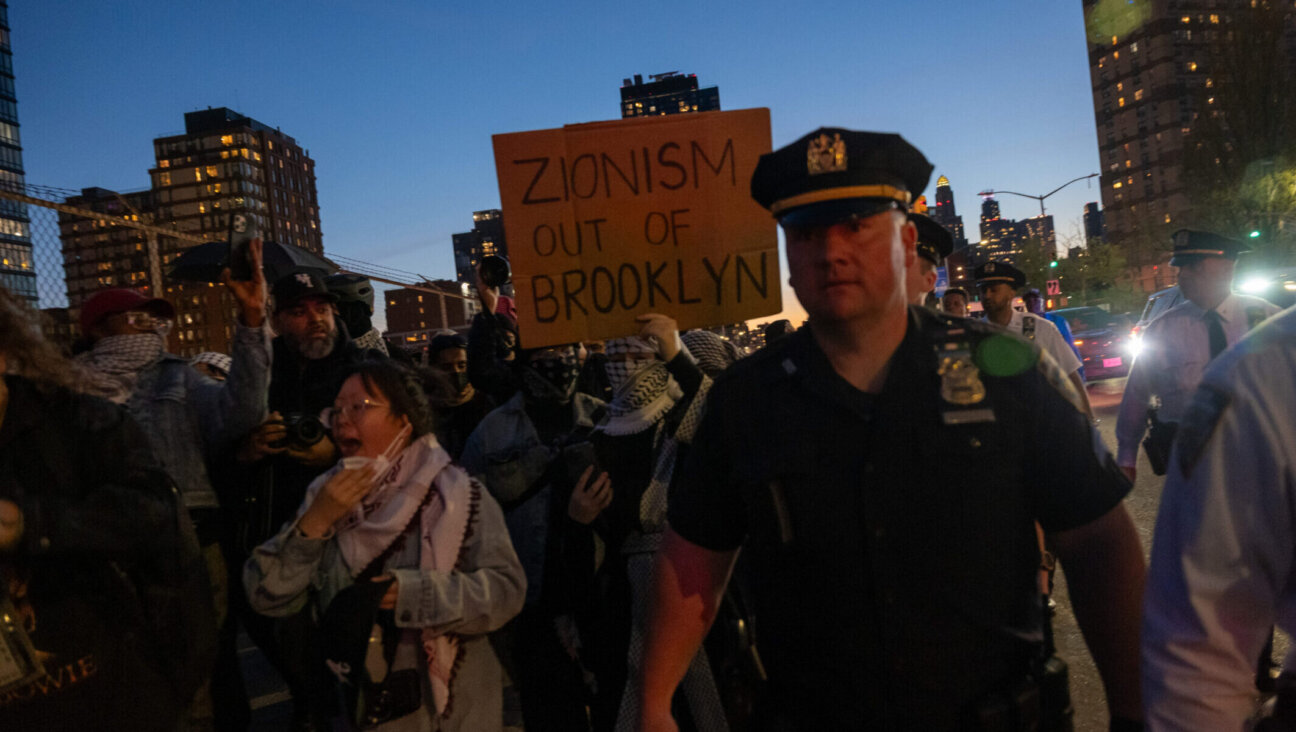
Fast Forward Heavy police presence blocks anti-Israel protest in Brooklyn from reaching Jewish neighborhood
-
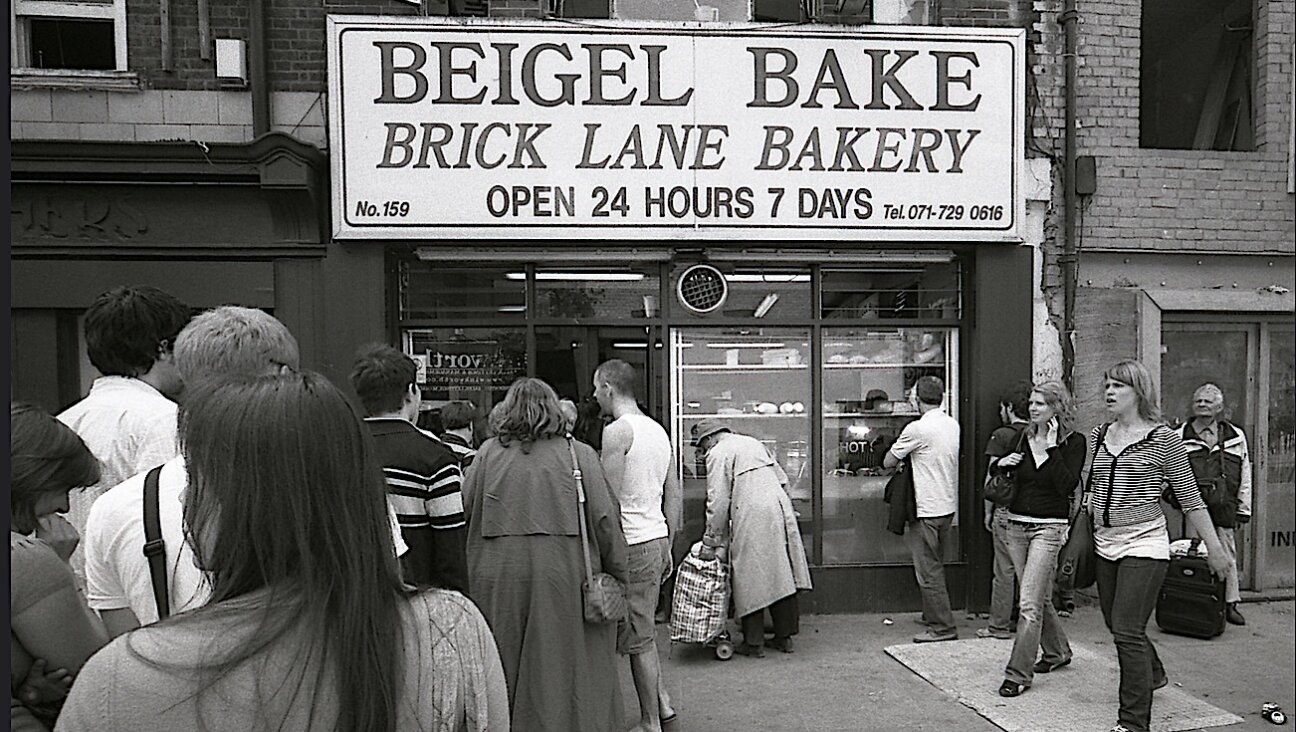
Yiddish קאָקני־ייִדיש“: אַ פּאָדקאַסט, אַ לשון און אַ שטײגער לעבן‘Cockney Yiddish’: A podcast, a language and a way of life
צװײ לאָנדאָנער היסטאָריקערינס לעבן אױף דאָס ייִדישע „איסט ענד“ אין אונדזער פֿאַנטאַזיע
-
Shop the Forward Store
100% of profits support our journalism
Republish This Story
Please read before republishing
We’re happy to make this story available to republish for free, unless it originated with JTA, Haaretz or another publication (as indicated on the article) and as long as you follow our guidelines.
You must comply with the following:
- Credit the Forward
- Retain our pixel
- Preserve our canonical link in Google search
- Add a noindex tag in Google search
See our full guidelines for more information, and this guide for detail about canonical URLs.
To republish, copy the HTML by clicking on the yellow button to the right; it includes our tracking pixel, all paragraph styles and hyperlinks, the author byline and credit to the Forward. It does not include images; to avoid copyright violations, you must add them manually, following our guidelines. Please email us at [email protected], subject line “republish,” with any questions or to let us know what stories you’re picking up.









